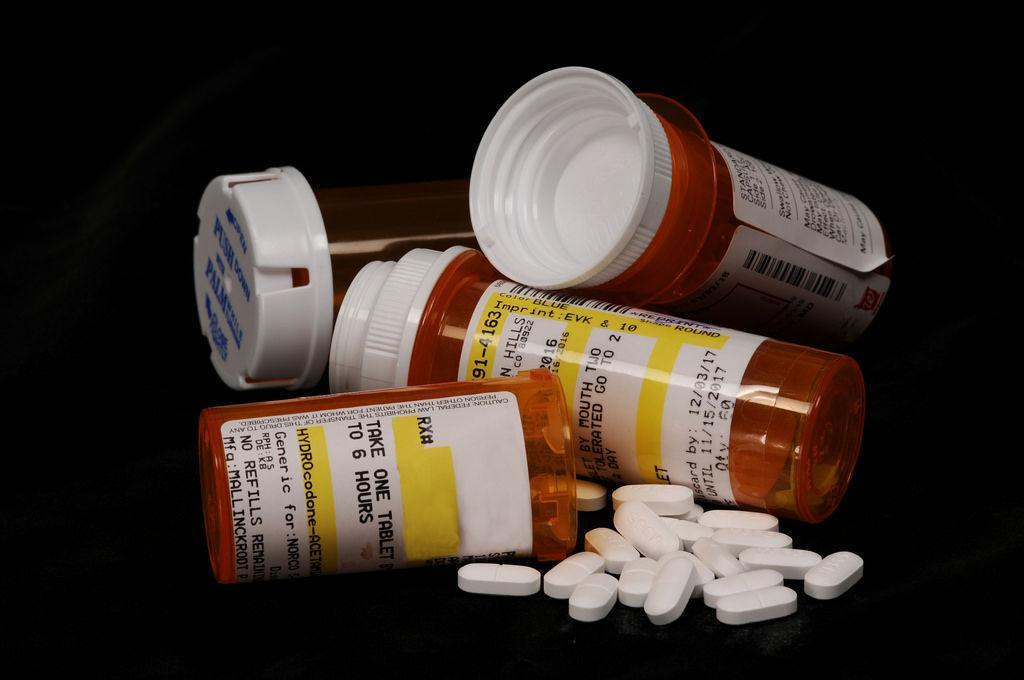Health Promotion from the Student Health Center sent out 7,500 anonymous Core Alcohol and Drug surveys to random undergraduate students.
The goal of the survey is to comprehend the attitudes and behaviors of University students regarding the use of alcohol and drugs. The survey has been conducted every other year since 2013, making this the fourth survey at the University.
“We pull things to compare,” said Assistant Director of Wellness and Health Promotion Kathryn Saichuk in regards of the Student Health Center pulling data from past years.
The Student Health Center won’t obtain the final results from the 2019 survey until April or May because it is being conducted by Southern Illinois University in order to predict the national norms and national standards in universities.
Saichuk said, although the survey began at Southern Illinois when alcohol problems started to become more prominent on more college campuses, they extended their research to other universities, as well. The survey has been conducted around the country for more than 20 years.
When observing universities of the same size, demographics and even geographical regions like LSU, there are similarities in alcohol and drug use.
“The South, in general, people used to drive after drinking,” Saichuk said. “That has drastically changed because we now have Uber and Lyft here. Looking at the data [on drinking and driving] in the northeast, it’s very low because they have mass transit.”
Saichuk said Uber and Lyft have stayed busy for students who spend their time in Tigerland. In the survey, the number of students who have experienced drinking and drug use while operating a vehicle has had a positive change with only 74.0 percent in 2015 never attempting to do so and 77.3 percent in 2017.
According to the Core Alcohol and Drug Survey, the data for students who drink alcohol once a week has remained consistent staying at 22.5 percent. There was a decrease in students using alcohol twice a month (15.7 to 11.0 percent) but increase in students using it once a month (7.7 to 9.1 percent.)
When you start looking at the numbers, there’s such a powerful consistency,” Saichuk said. “Things are not changing.”
The Student Health Center sent random surveys out of 7,500 randomized requests following the Internal Review Board rules, hoping to receive 1,000 to 1,500 responses in order to have a valid survey.
After the results of this survey have been finalized, the Health Promotion from the Student Health Center will be able to compare the data from 2015, 2017 and 2019 because each survey had the same questions. Saichuk said Health Promotion will possibly compare the data of the survey with neighboring universities in Louisiana.
The Louisiana Board of Regents now has a board member, the state liaison, who has worked with all of the colleges in the state, who will have data available in the future in order for universities to compare their alcohol and drug usage with one another.
Saichuk and Health Promotion will attend a summit in May held at Pennington Biomedical Research Center to compare the data from various colleges in the nation.
“You got a lot of the same students with a lot of the same characteristics going to school [in Louisiana],” Saichuk said. “In the smaller colleges you might not see as big of an issue in certain areas. LSU has seen enough issues related to [alcoholic] behavior.”
The survey will help the Health Promotion department predict what the staff, faculty and administration should do to help students make better decisions about alcohol. Saichuk said she believes the upcoming decisions regarding alcohol and drug usage on campus will benefit students’ health in a positive and lifelong way.
“Alcohol is very neurotoxic,” Saichuk said. “The neuroscientists doing this research would like to everybody quit drinking. That’s how bad alcohol really is for us.”
Sleep is also affected when an individual consumes alcohol, and sleep is the most important underlying health issue, Saichuk said.
In light of the recent events at the University involving Greek Life — the alleged hazing incidents of DKE and the death of freshman pledge Max Gruver in 2017 — Saichuk said just one drink can affect a person’s ability to make good and healthy choices.
“Certainly one wouldn’t have thought we’d be dealing with something with a Greek organization this soon after the tragedy,” Saichuk said in regards to the incident with DKE. “People just don’t learn.”
Saichuk encourages students to consider how alcohol and drugs affect the brain.
“Alcohol is doing just as much or more damage than what a concussion can do,” Saichuk said. “It’s not just as obvious.”
Alcohol’s damaging effects on the brain consist of difficulty walking, blurred vision, slurred speech, slowed reaction times and impaired memory, according to the National Institute of Alcohol Abuse and Alcoholism.
Saichuk said she is hopeful that the survey won’t show the data getting worse, although it has been consistent from 2015 to 2017.
LSU health center survey predicts substance abuse
February 19, 2019
opioids







